Consider Rockets Like a Baby, Says ISRO Chairman S Somanath After Successful Launch of Chandrayaan-3
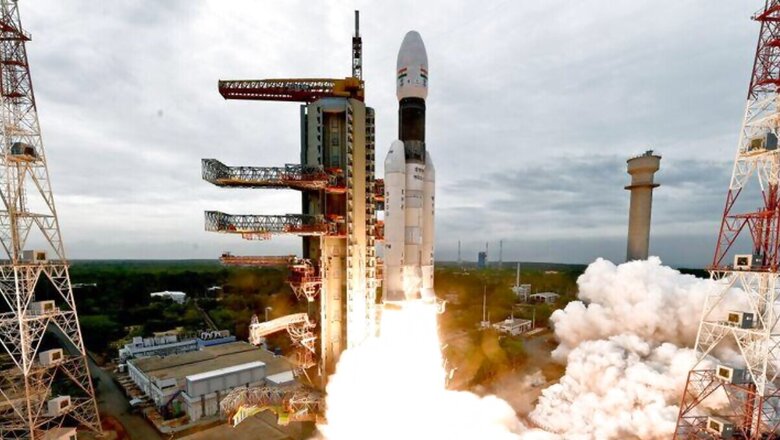
views
Expressing his deep love and association with rockets, ISRO chairman S Somanath on Saturday said he considers the launch vehicles as babies.
Somanath said he enjoyed the launch of Phase-I of Chandrayaan-3 on Friday, while adding that he had gone through the entire data and marvelled at ”how beautiful the rocket was”.
ISRO on Friday successfully launched its third moon mission, this time a far more complicated 41-day voyage to reach the lunar south pole where no other country has gone before. The space agency said the technically challenging soft landing on lunar surface, which Chandrayaan-2 could not achieve, has been planned for 5.47 pm on August 23.
Delivering his address at the 12th Convocation of IIT Hyderabad in neighbouring Sangareddy district, Somanath said ”As an engineer and scientist, I have a love for rockets. I consider the rocket like a baby, seeing its birth, its growth, its problems of growth, its emotions and developing a deep understanding of its mechanics and dynamics and its life as such.”
Referring to the previous Chandrayaan-2 launch, he said it had almost 2,000 measurements that were coordinated which were in the form of graphs and curves.
He further said ISRO converts thousands of measurements into curves and study models and explains how it performs.
”For example, the last Chandrayaan rocket, we had almost 2,000 measurements and finally they came to us as graphs, curves. Like a doctor looking at the ECG, we look at these graphs. We have created an attachment to those curves and graphs and we can understand by looking at ups and downs what exactly is its speed…how its going. This is something very interesting to understand a machine and yield a sense of it,” he said.
On human space travel, he said everybody asks him why human beings should travel to space and explore the planets and why robots can not do this job? He said one of the difficulties is that the robots lack sensory perception and emotions that come out of the experiences and the resultant decision-making process.
He quickly added: ”I believe this gap is going to be closed soon.” Somanath opined that if there is a way to merge the external electronic sensors to human nervous systems electrically, receive and process the signals as seen and felt, then mankind will be one step closer to the integration of machine with life (human beings).
”Can we actuate systems with the electrical signal generated by thought and thus to external mechanical and electrical devices? Then, you can actually control a robot or a machine by your thought processes,” he said.
”Further growth in this domain will enable all the sensors of a robot to be integrated to a human in some form to perceive what the robot feels and thus achieve the remote perception capability. So, you are actually creating a replica of you. In such an eventuality, it is not necessary for humans to travel anywhere. So, you can sit inside your room and experience the world, including outer space and all other planets.
”I believe, the human form one day will evolve into an integrated system of electrical sensors and devices with the brain of human beings. So, no more human physical bodies will be necessary,” he felt.
Somanath said when ISRO embarks on human space flight, they need medical doctors to study the metabolism and human physique in surviving the extreme conditions of flight, which include high acceleration and vibration sensitivity, weightlessness, and prolonged exposure to mild radiations. ”We are currently developing and designing a test set-up to evaluate them”.
The growth in material science, microelectronics, quantum technologies, data sciences, AI and ML, biotechnology will make the life of a human being much better than that we experience today, he said.
Harnessing the power of technology is the solution to solve the challenging problems of poverty, malnutrition, security of the nation, education and job for all etc., he pointed out.
”So, we believe that you people (IIT graduates) are those torchbearers of the future especially those who are going to create future technologies and future innovations. You are holding the key. Not you alone those generations of people who are graduating, coming out of those premier institutions have that power to change the destiny of this nation,” the ISRO chief added.
IIT Hyderabad Board of Governors Chairman B V R Mohan Reddy, IIT Hyderabad Director Prof B S Murty were among the dignitaries who were present.















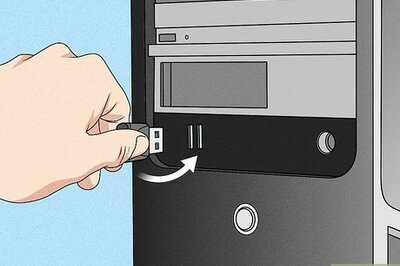
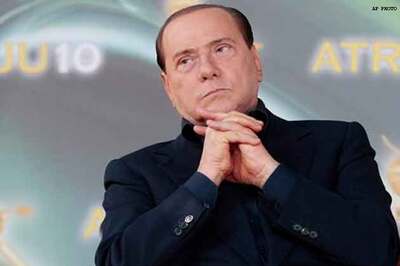

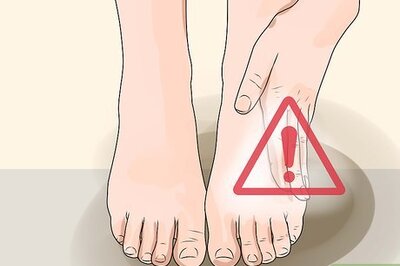
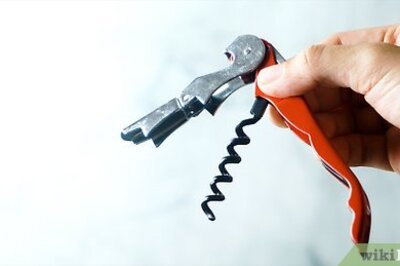
Comments
0 comment